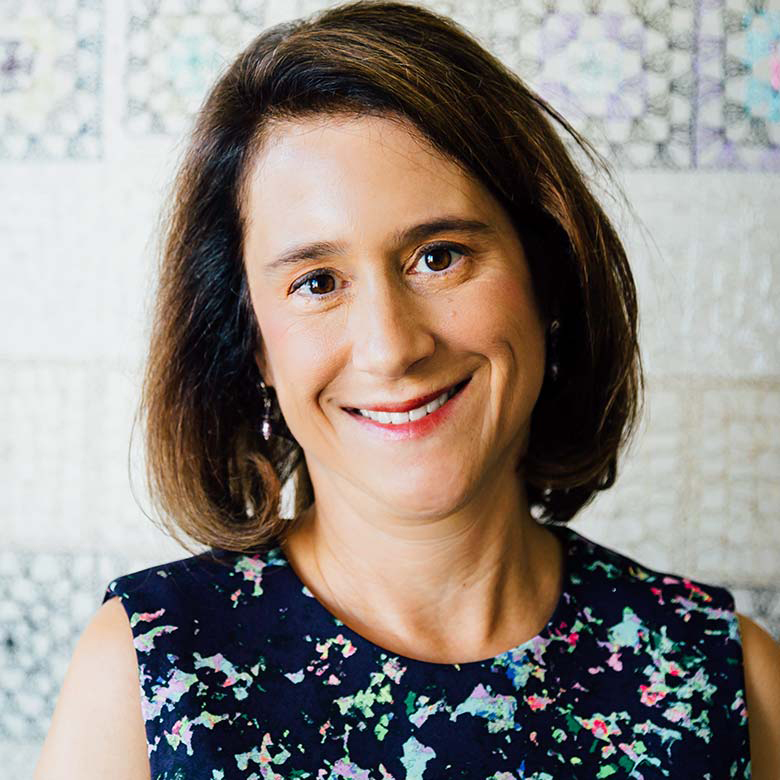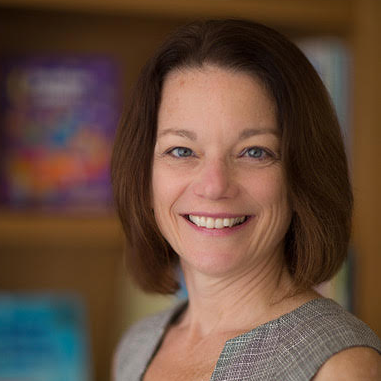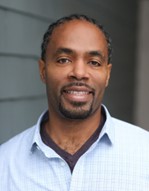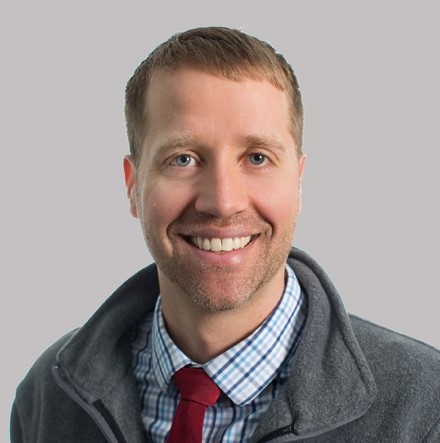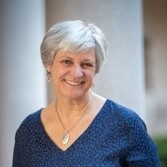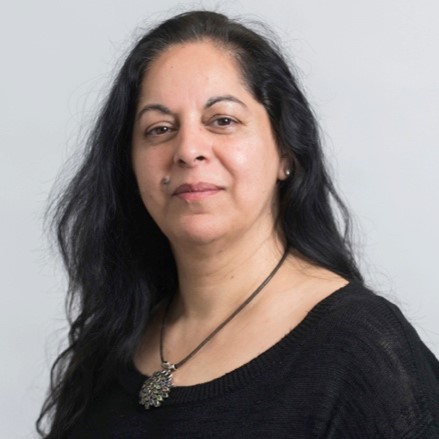
12:30 - 02:00 pm
Family and Community Math: An Essential Part of an Early Learning Strategy
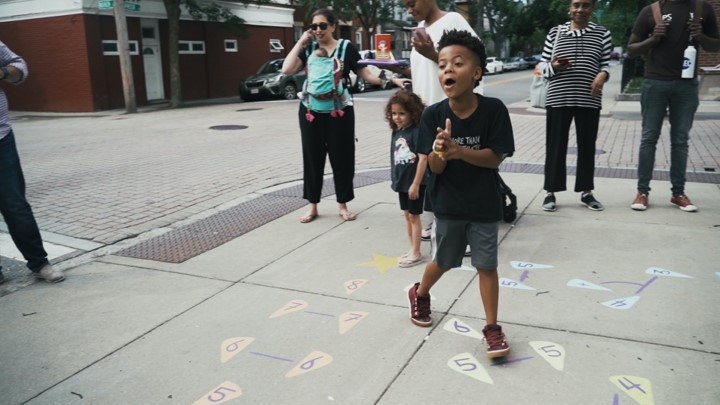
strengthening, and validating what families and communities are already doing.
Kimberly Brenneman, Education Program Officer at the Heising-Simons Foundation, then shared an overview of family and community math: why it matters, what the research shows, and how we can support it. In particular, Brenneman shared that:
- Children think mathematically from birth, and math is a language to be developed from birth.
- Early math is connected to language, literacy and social-emotional development.
- Family and community math happens in the context of family relationships, out in the community and in everyday settings.
- Playful, interactive activities with young children help shape their math skills; supporting families and communities in engaging in these activities can address disparities before they arise.
- Nobody cares more for a child’s success than the child’s family. If we don’t connect with and leverage that love and motivation, we are missing powerful allies in early learning.
Brenneman then led the webinar discussants through a series of case studies of the work they are both doing and investing in to promote family and community math.
- Omowale Moses, Founder and CEO of MathTalk, and Geeta Pradhan, President of Cambridge Community Foundation, which invests in MathTalk.
- David Parker, Vice President of Research and Development at ServeMinnesota, and Kate Kelly, President and EVP -Minnesota, PNC Bank, which invests in ServeMinnesota.
- Nikki Shearman, Chief Strategic Officer, Reach Out and Read.
Omowale Moses gave an overview of MathTalk and its work to enable all young children to discover and enjoy math everywhere. He spoke of how he is driven by a personal connection to math, sharing that math was not fun for him as a child and that when he became a dad, he was determined to make it something he enjoyed with his son and daughter. He sees early math as deeply connected to educational equity and as a key to citizenship. MathTalk is inspired by the question “what if a neighborhood could be saturated with positive touchpoints for early math learning?”. Moses observed that math is at the core of helping young people tap into economic opportunities; he expressed concern about what the outcomes will be for African-American and Latinx children if they don’t have access to math at an early age. He seeks to inspire a new generation that sees math as a part of their culture and their community.
Geeta Pradhan offered her perspectives as a funder of the MathTalk model, sharing that there are persistent inequities in both educational and wealth outcomes across racial/ethnic lines in our country and spoke to the importance of math education to building economic equity that can be seen in math and science outcomes for children in Cambridge, where MathTalk is based. She spoke of the ways in which math literacy is fundamental to changing economic outcomes.
David Parker described the work of ServeMinnesota, a statewide AmeriCorps program which blends the people power of AmeriCorps with the science of what works. ServeMinnesota recently piloted a Pre-K AmeriCorps intervention focused on both literacy and math. Existing reading modules are now bundled with math activities – seizing the opportunity to catch children early and bring math to the Pre-K space. Parker spoke of scaling and impact drivers of the work, noting that at the end of this year, his program will reach 200 sites and 7,500 students in a wide range of rural and urban locations throughout Minnesota.
Kate Kelly shared the deep commitment that PNC has made to this work, noting that private dollars from PNC and others are joined with federal funds, which works to bridge research and sustainable programming and which puts scaling within reach. Along with Parker, Kelly cited a just-released study (linked in the Resources section below) that found at-risk students in schools participating in the PNC-ServeMinnesota partnership had better reading outcomes when they received reading and math support compared to students who received only reading support.
Nikki Shearman described the Reach Out and Read (ROR) model, highlighting the benefits of the program demonstrated through research. She discussed the work of the ROR National Center to co-design and pilot the integration of early math into the ROR model, Reach Out and Read Counts. The pilot created training and materials for the ROR network of pediatric healthcare providers to support promotion of early math through shared reading as part of the ROR program. She shared one of the training videos demonstrating how pediatric care providers can model and provide coaching to parents on simple, accessible ways to weave early math into reading aloud and other everyday activities, and she presented early findings from provider focus groups and parent surveys about what they have learned so far.
All of the presenters emphasized the importance of including early math in interactions with children from birth – and noted that this is within reach of every parent and caregiver. They discussed how the COVID-19 pandemic has created challenges for reaching families with the support and information that can benefit them and their children. They commented on the vital role that local, state, and national funders – whether community foundations, corporate foundations, private philanthropy, or United Ways – can play in helping family and community math be a core component of an effective early learning strategy.


 All Events
All Events
